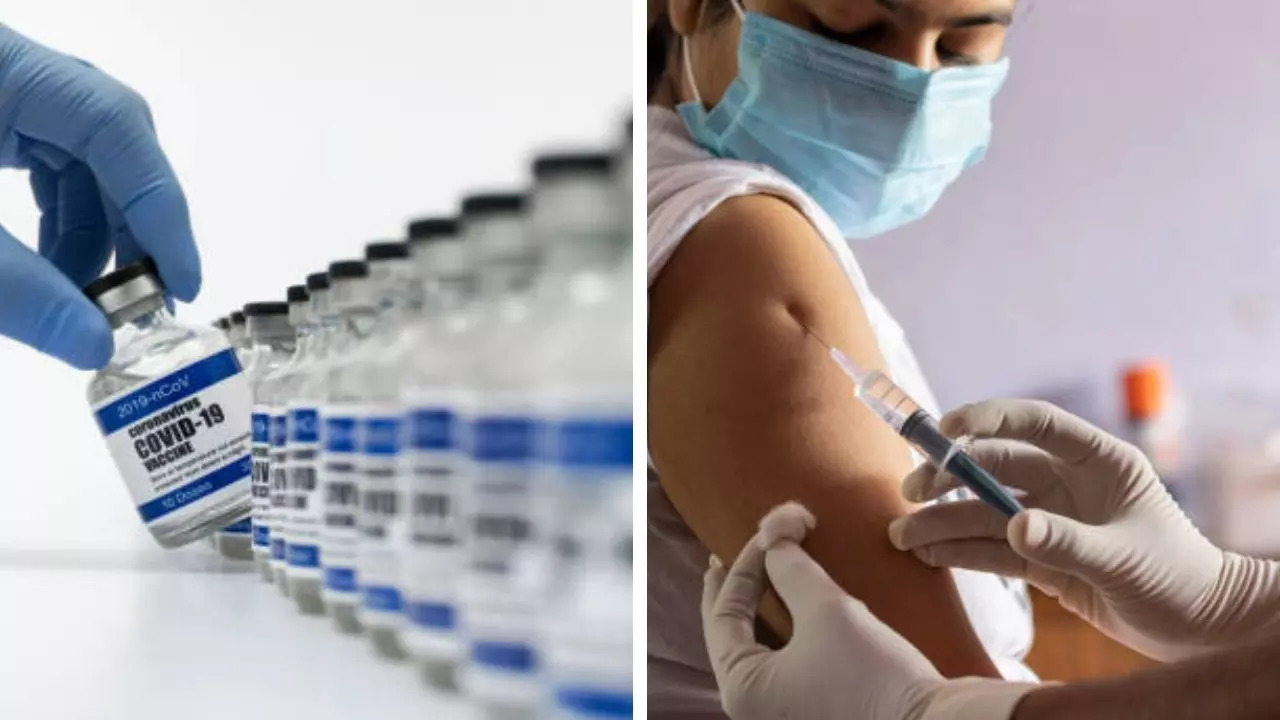Scientists are extremely concerned that most Americans say they do not need either vaccine.
Flu season is here and COVID-19 has also spread to many parts of the United States, but health experts are concerned that many Americans do not want to get vaccinated. A new study from Ohio State University Wexner Medical Center indicates that only 37 percent of Americans plan to get vaccinated against COVID-19 or the flu this season.
Scientists are deeply concerned that the same percentage of respondents said they do not need any of the vaccines surveyed, including those for influenza, COVID-19, pneumococcus and respiratory syncytial virus, or RSV.
The report also found that a slight majority of adults (nearly 56 percent) plan to get a flu vaccine this fall, while only 43 percent plan to get a COVID-19 vaccine. Additionally, the survey also found that adults 65 and older are the most likely to receive the recommended vaccines.
“We are at the beginning of respiratory virus season, when there is a triple threat: influenza, COVID-19 and respiratory syncytial virus. Unfortunately, there is a lot of misinformation about vaccines. However, the reality is that they are safe and highly effective at preventing severe disease and death,” Dr Nora Colburn, medical director of clinical epidemiology at Ohio State University’s Richard M Ross Heart Hospital, told The Guardian.
“Older adults, people with certain chronic medical conditions, and pregnant women are at particular risk during respiratory virus season,” Dr. Colburn added.
CDC recommends that everyone get vaccinated against COVID-19, flu, and RSV
According to the Centers for Disease Control and Prevention, everyone should get up-to-date COVID-19 vaccines (approved by the Food and Drug Administration last month, they are recommended for everyone except infants younger than 6 months, and children 6 and older should get updated flu vaccines annually).
Scientists say vaccines play an important role in keeping people and communities healthy and preventing them from getting sick and spreading the disease to others.
CDC also recommends that everyone 75 years of age or older, adults between 60 and 74 years of age who are at increased risk for severe illness, and people who are 32 to 26 weeks pregnant between September and January get vaccinated against RSV. Although RSV is a common respiratory virus that typically causes mild, cold-like symptoms, it is the leading cause of childhood hospitalization in the U.S.
Why are Americans hesitant to get COVID-19 vaccines?
According to experts, previous studies have said that Americans who did not get the COVID-19 vaccine mainly cited protection from previous infection and safety concerns as their main reasons.
The second most common reason has been concerns about vaccine safety. While COVID-19 vaccines have repeatedly been shown to be safe, vaccine hesitancy, fueled by the coronavirus pandemic, remains a major public health concern.
Disclaimer:
The information contained in this post is for general information purposes only. We make no representations or warranties of any kind, express or implied, about the completeness, accuracy, reliability, suitability or availability with respect to the website or the information, products, services, or related graphics contained on the post for any purpose.
We respect the intellectual property rights of content creators. If you are the owner of any material featured on our website and have concerns about its use, please contact us. We are committed to addressing any copyright issues promptly and will remove any material within 2 days of receiving a request from the rightful owner.

